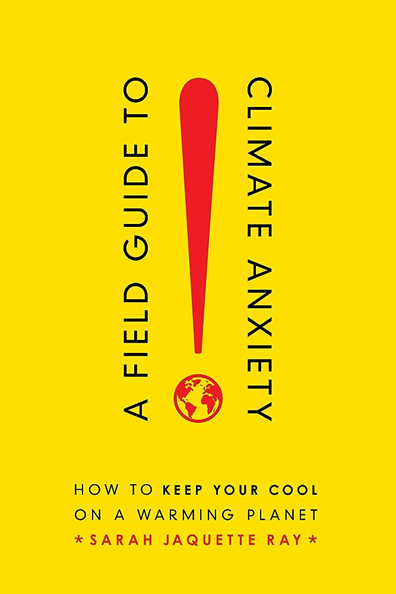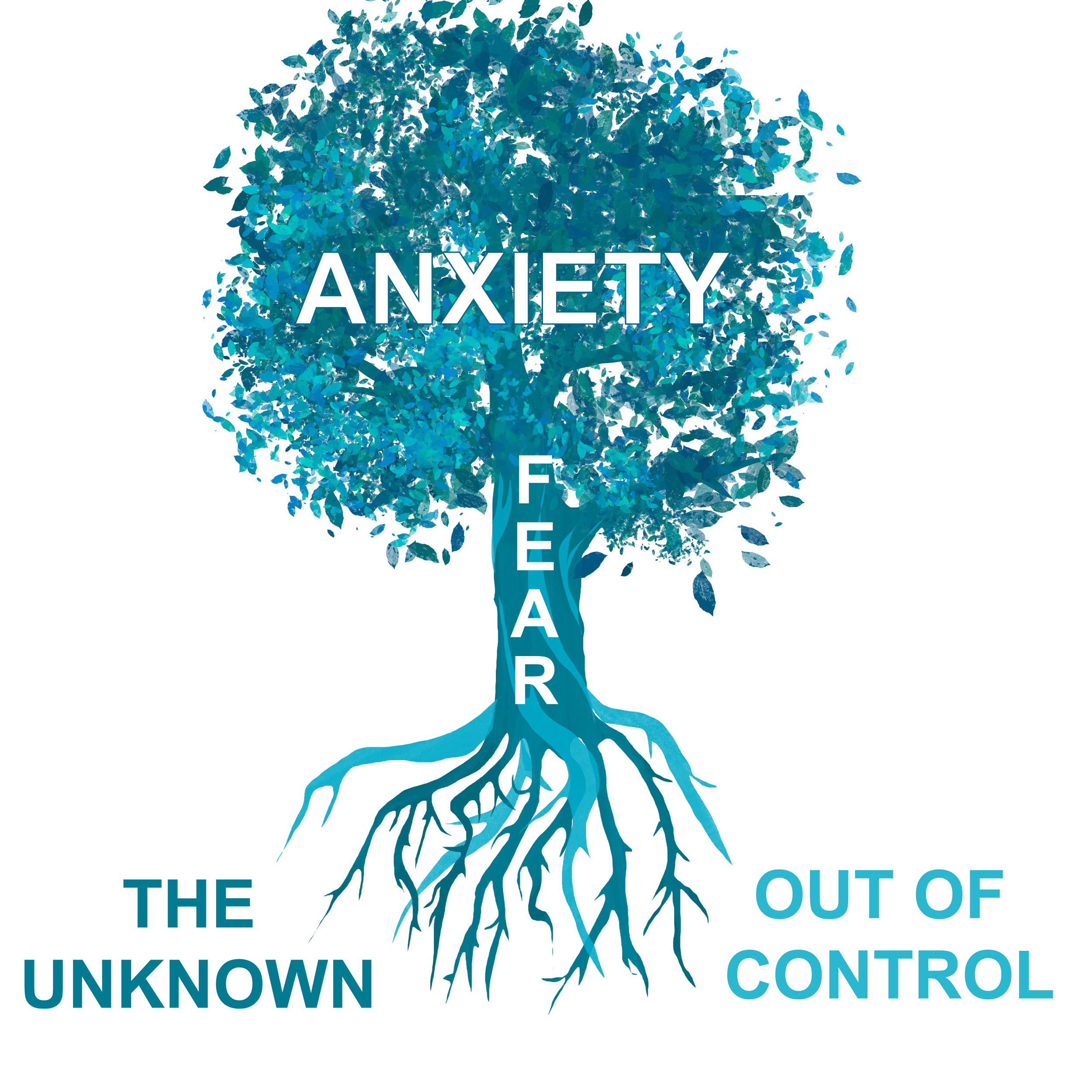Psychology of Climate Change
In our rapidly changing world, we are surrounded by distractions, information abundance, and over-stimulation. As architects and planners who care deeply about our impact on the environment, it’s easy to quickly feel overwhelmed by the never-ending flow of information following climate change. It’s easy to become discouraged by looking at the bigger picture. We are so small in comparison to this global problem. What impact can one really make in the larger scale?
“I’ve spent some time tracking my lifestyle and its impact on the environment. While I didn’t go into a full-scale carbon footprint analysis, I did make efforts to reduce my energy usage, track my daily water consumption, and reduce the amount of waste I produce. After my graduate degree, I took a deep dive into living waste-free (since my thesis research made me increasingly aware of the massive garbage problem in the world, but that’s a story for another time). This was my hyper-fixated exploration of my contribution to a healthier planet. The minute details of my waste-free exploration aren’t so important as the impact. At one point, I had reduced my personal waste production so much, I could have fit a month’s worth of garbage in a mason jar. I changed the stores I shopped at, products I bought, food I ate. All in the name of conserving material waste. But after a while of going through extensive lifestyle changes, you begin to ask yourself, how much good am I really doing? Is my effort even meaningful? Watching the news seeing oil spills and construction waste, made me feel like all my month’s effort to save 7 gallons of trash was relatively worthless. At the same time, I felt like I had made so much progress in my personal practice that going back to a wasteful life (for lack of a better term) would be riddled with guilt.”
Waste free shopping after I learned to ease up on the pressure I was putting on myself to be eco-friendly
For many people, who are concerned about climate change, these feelings aren’t uncommon. In fact, there’s a lot of reasons in our society today to feel overwhelmed, drained, and exhausted. With the recent pandemic, economic inflation, unaffordable housing prices, nationwide student debt totaling $1.75 trillion, and increasingly devastating natural disasters… it's no wonder people are having a hard time finding the capacity to care about climate change. Many advocacies around climate change are addressed through scientific research, numbers, facts, data, logic, and reasoning. But rarely do we ever address the ethics, emotions, and empathy surrounding these environmental issues. A lot of the data and evidence pointing to drastic changes to our environment seems to come from every angle, only painting a bleaker picture of the future: rising sea levels, toxic drinking water, dying coral reefs, record heat surges, poisonous air, the list seems endless. New terminology to describe psychological reactions surrounding climate change have surfaced revealing words like eco-anxiety, eco-grief, eco- despair, eco-nihilism. The rapid outpour of research and data surrounding climate change has led to a lot of uncertainties surrounding our future on the planet. Anxiety is only a natural and human response to this uncertainty (remember this as you keep reading).
Sarah Jaquette Ray is the author of a book entitled A Field Guide to Climate Anxiety: How to Keep Your Cool on a Warming Planet. Sarah is a university professor of environmental studies, and her book was inspired by her students. She began her career by teaching her students exclusively through facts and evidence, but changed her approach when she noticed her student's extreme emotional reactions throughout the course of the semester. In fact, in one account, she writes about one of her students who stopped buying food and eating all together in an effort to reduce her wasteful footprint. While this may seem like an isolated and extreme example, it’s reflective of the level of guilt that can spawn from climate related anxiety.
The anxiety that comes from the uncertainty of a future resulting from climate change is prescient. There are so many factors out of our own, individual control, it’s easy to feel helpless or even hopeless. While allowing ourselves to be paralyzed by anxiety is not helpful, it’s also not helpful to ignore our emotional response to climate change. We must be conscious of the importance of our physical and mental well-being. We can’t help anything or anyone without helping ourselves first. But how do we consistently face these feelings of overwhelm?
A simple mindfulness tool can be used to address feelings of anxiety. At the base of anxiety exists fear. The things that we fear cause concern and worry, these often spiral into new worries ranging from specific life events to existential crises. Fear is rooted in two things: the out of control, and the unknown. To calm our anxiety, we must first address these two roots. It’s a simple tool that results in answering the questions: What do we know? What can we control? I’ve included an example of how the tool can be used below.
What do I know?
What is unknown?
The world is livable now
The world was livable yesterday
I am planning to maintain my health in the future
Will the world be livable in the future?
What can you control?
What is out of your control?
I can make healthy changes to my lifestyle that may also benefit the planet
I can talk to my friends and family about changing their habits
I can call other companies to talk to them and advocate for making operational or product changes.
There is not enough progress towards solutions to climate change
A visual representation of the “tree of anxiety”
Try this simple tool yourself. It seems elementary, but it really does help. Our massive network of news and information brings knowledge of what our future on this planet may hold, but it also brings fear. The picture is larger than us, so it is easy to feel small. Remember, we have a network too. We have friends, family, employers, co-workers, etc. that we can advocate to for change. A simple example of ways we do this at Place Collaborative happens during our Red List vetting process in the pursuit of Living Building Challenge certification. We analyze the materials in different products to make sure they are healthy for the building and the planet. If a manufacturer has a chemical that doesn’t qualify, we ask them if they would be willing to change it. Sometimes they make a temporary change for the project, and sometimes they make a permanent change for their entire product line. This is a simple example of how one person (or a small team of people) can make a larger change.
There are so many issues to address when it comes to our rapidly shifting environment and it’s hard to decide where to start. While our emotions alone might not save the planet, it’s important to acknowledge them and address them with your own health in mind. Feeling guilty for living your life is not helpful for anyone, but that doesn’t mean you can’t make changes either. Whether you feel like you are doing everything you can but it’s still not enough, or you the problem seems too large and you don’t think you can help at all, it’s perfectly normal to feel that way. Just remember, you have the power and ability to change the things that you can control. You aren’t helpless. It’s these types of reminders that help us at Place Collaborative stay motivated and grounded when we feel lost and overwhelmed.




